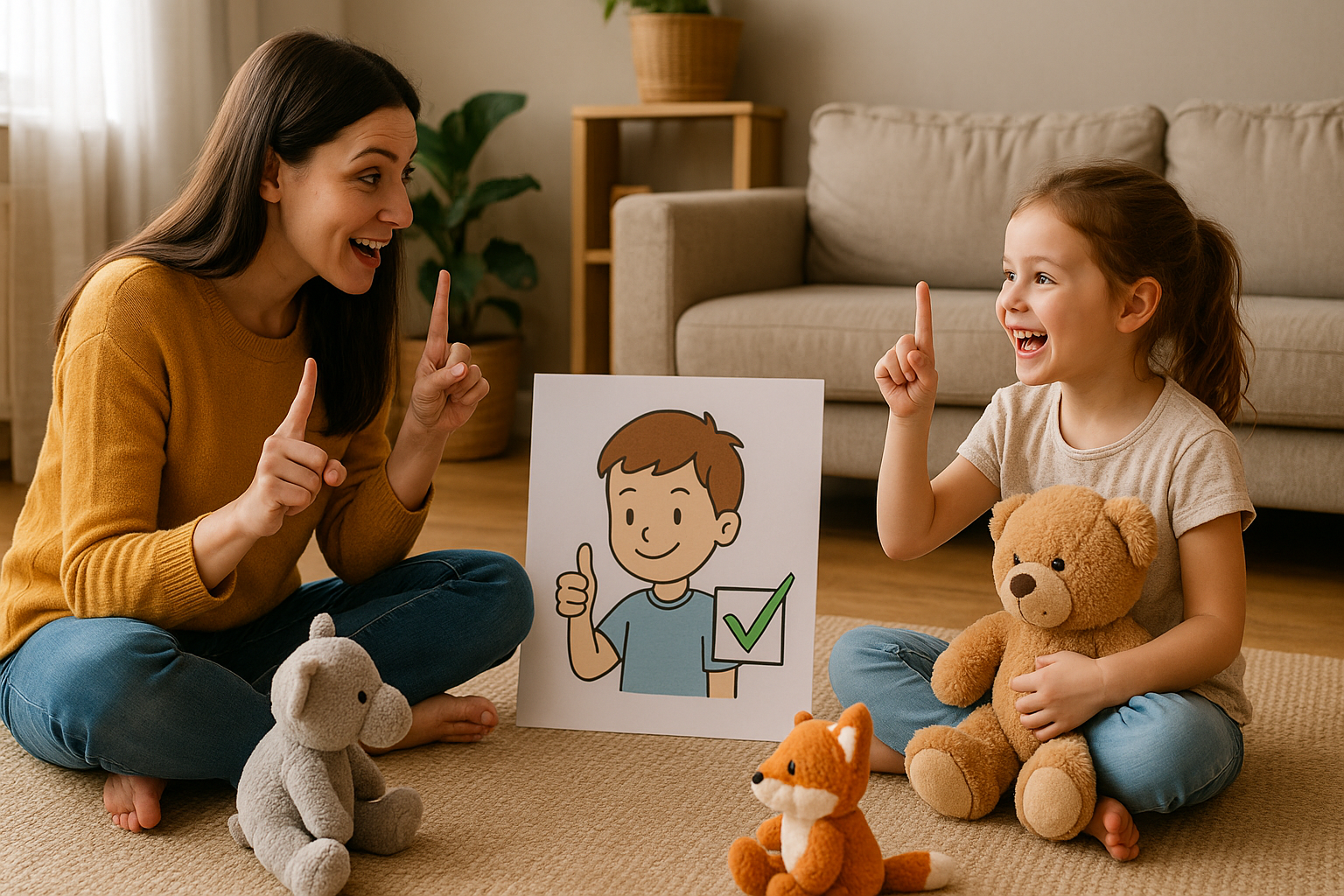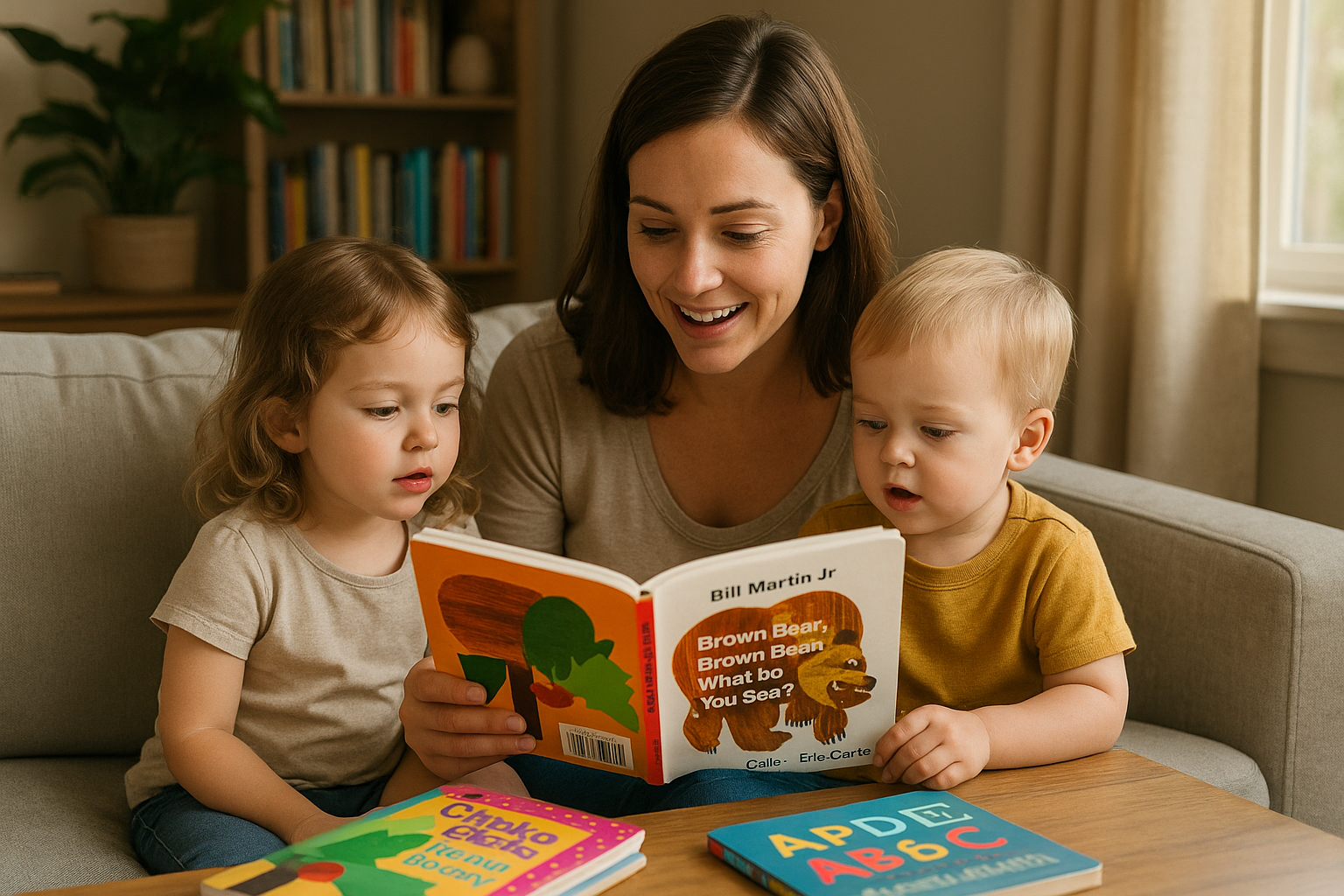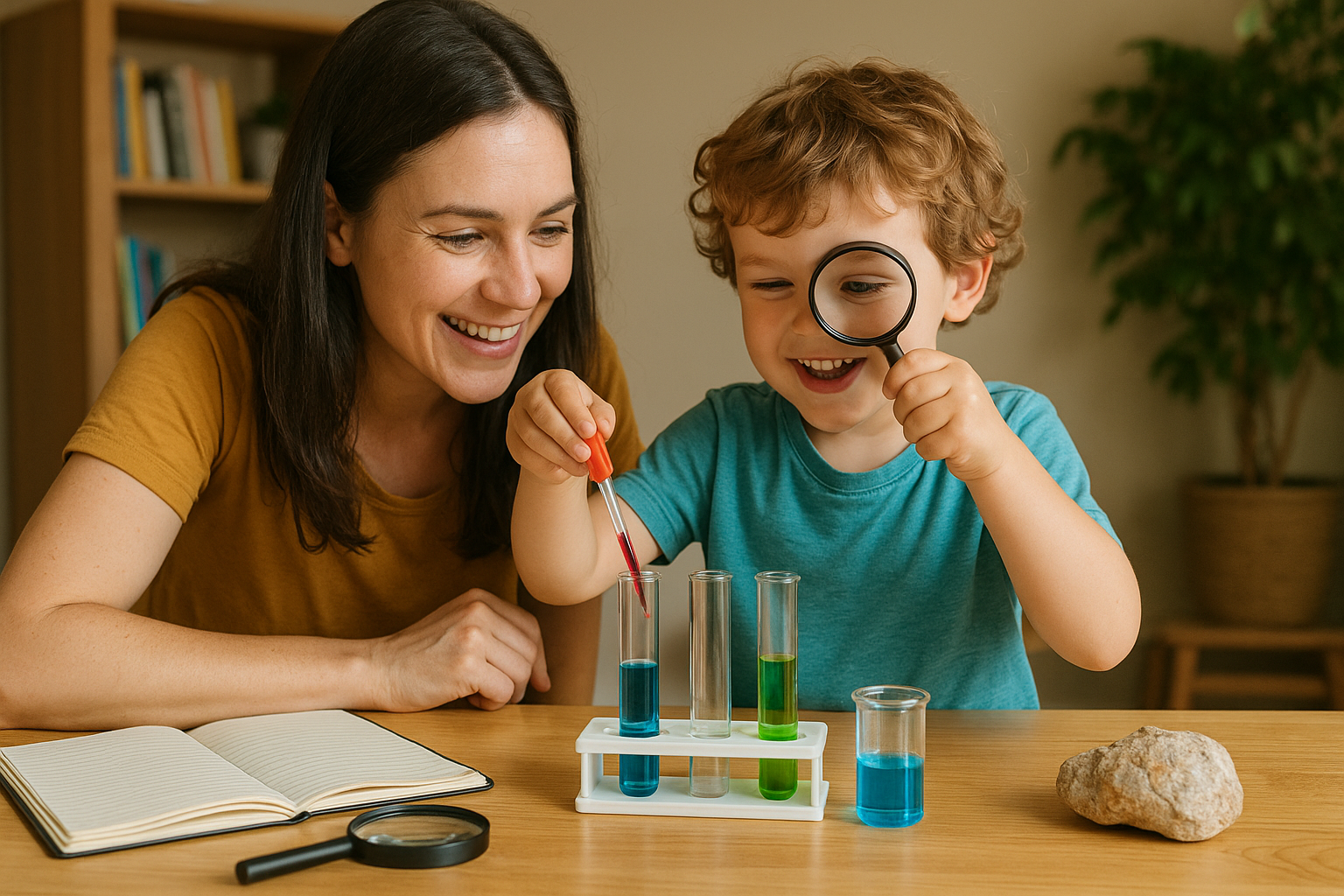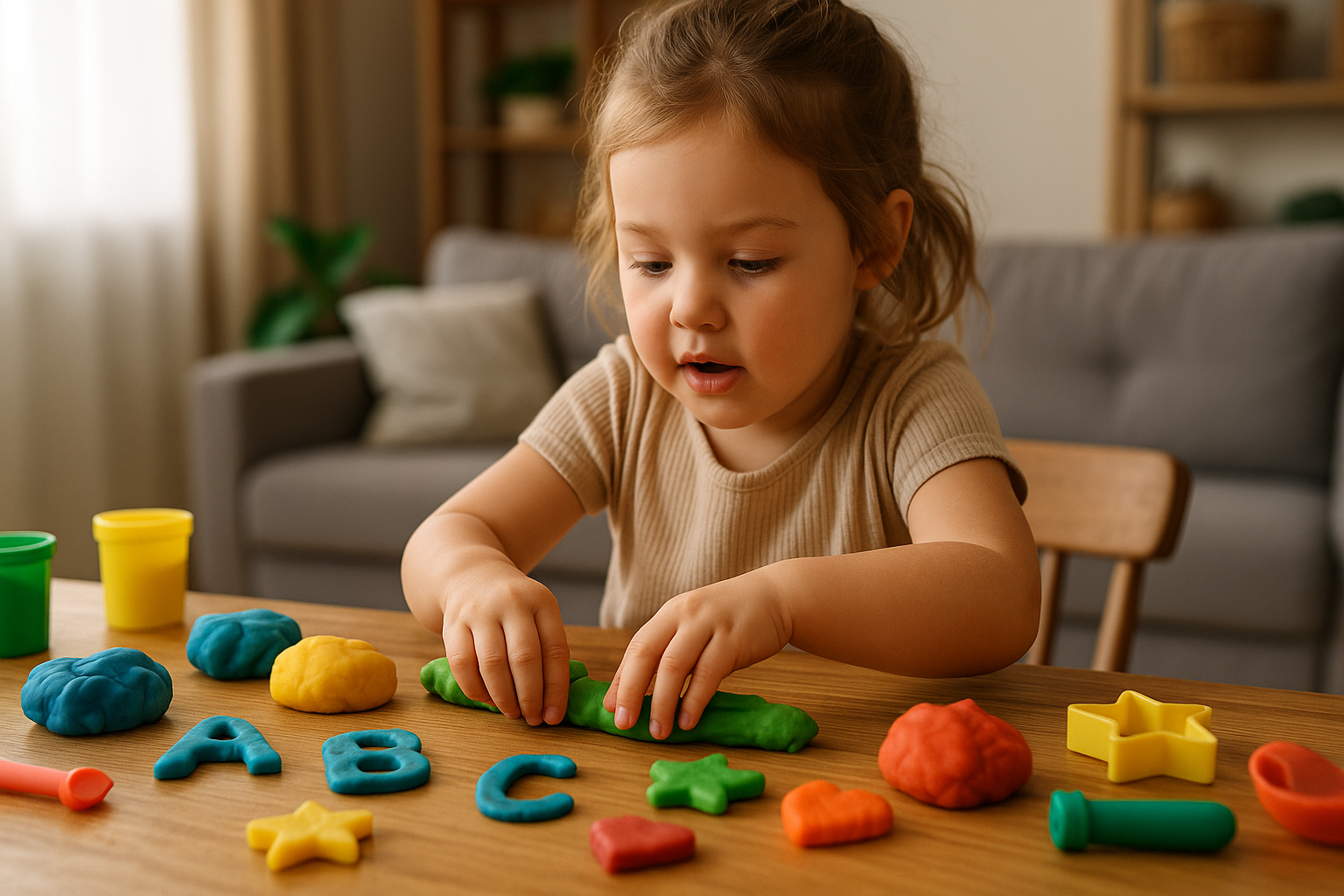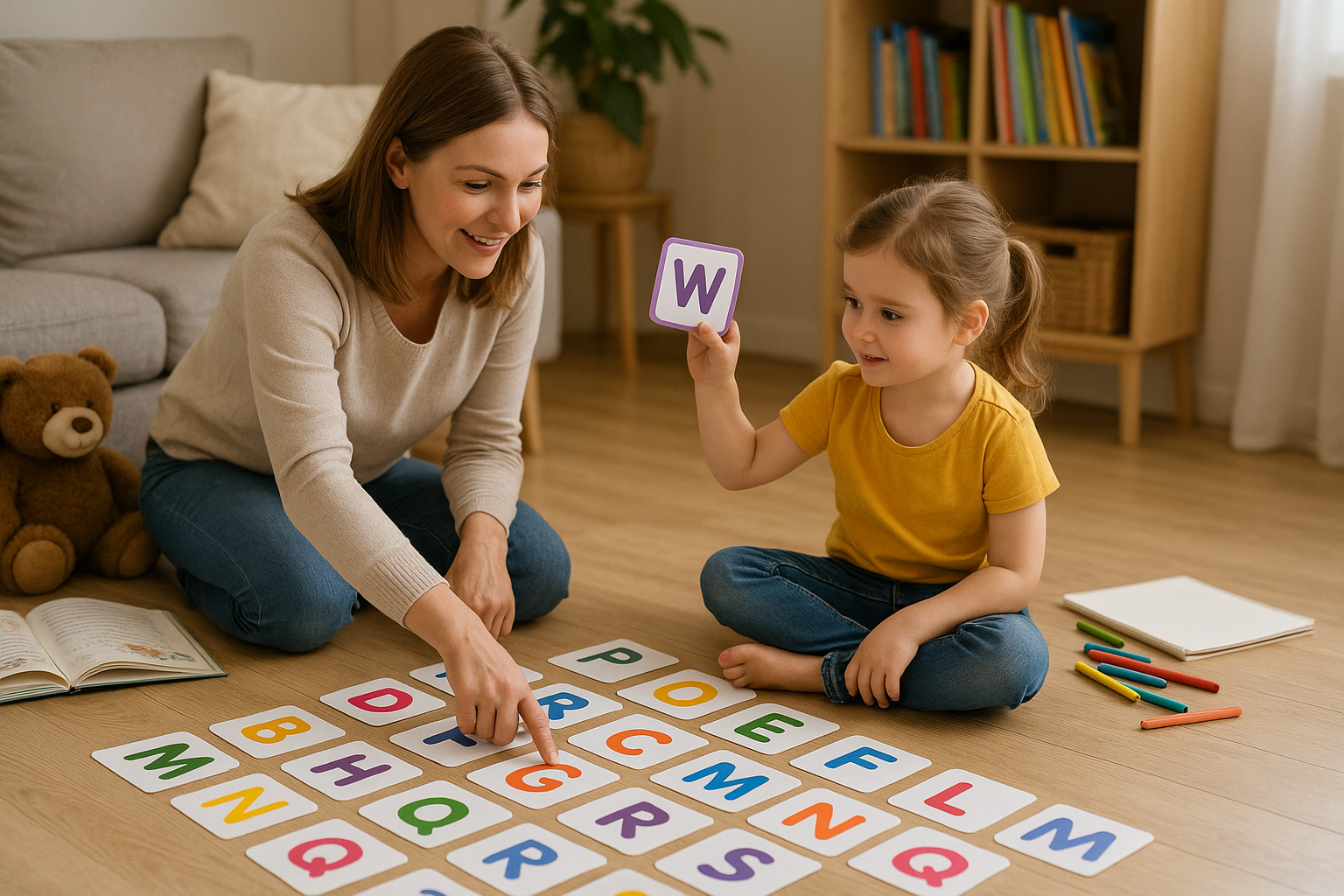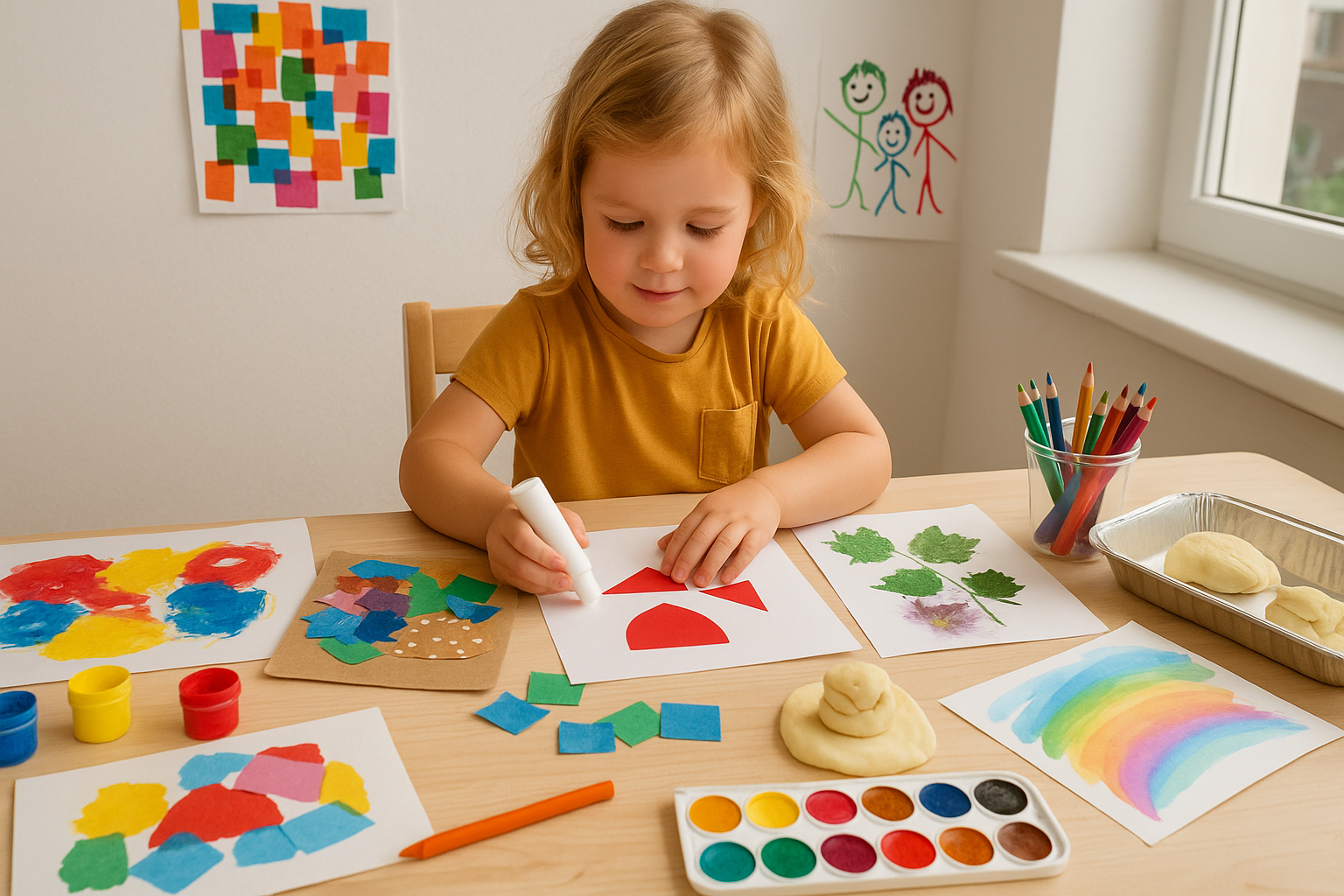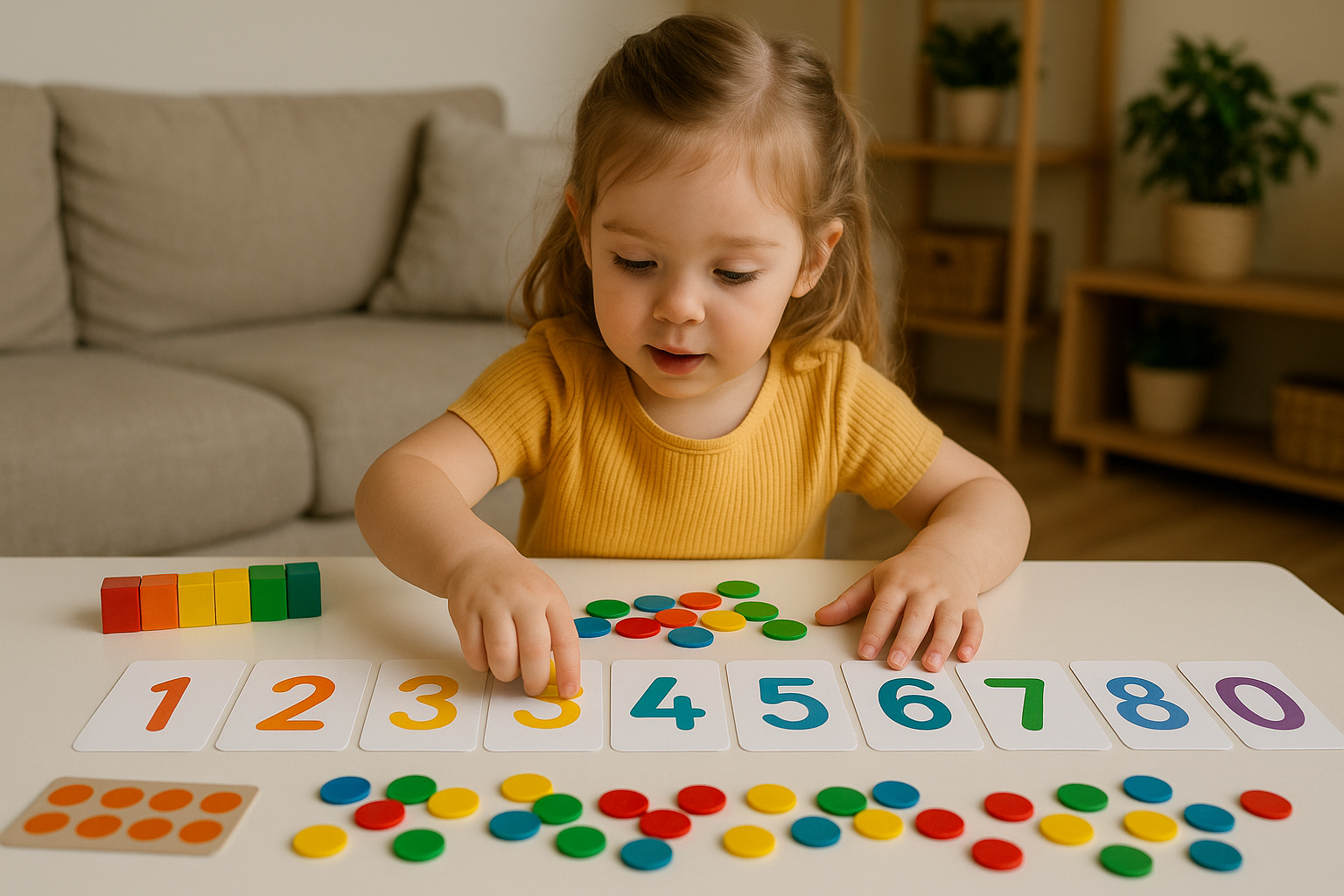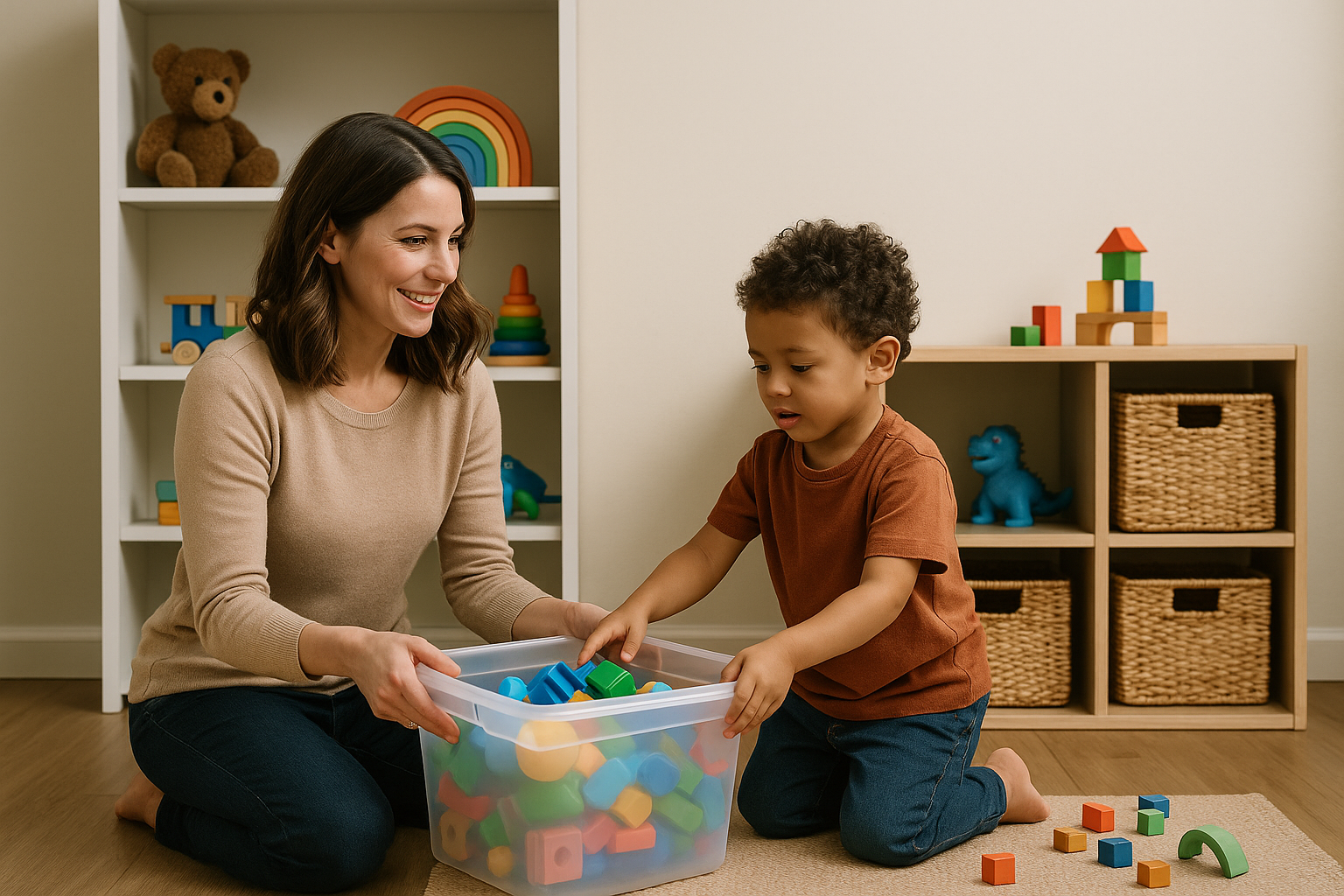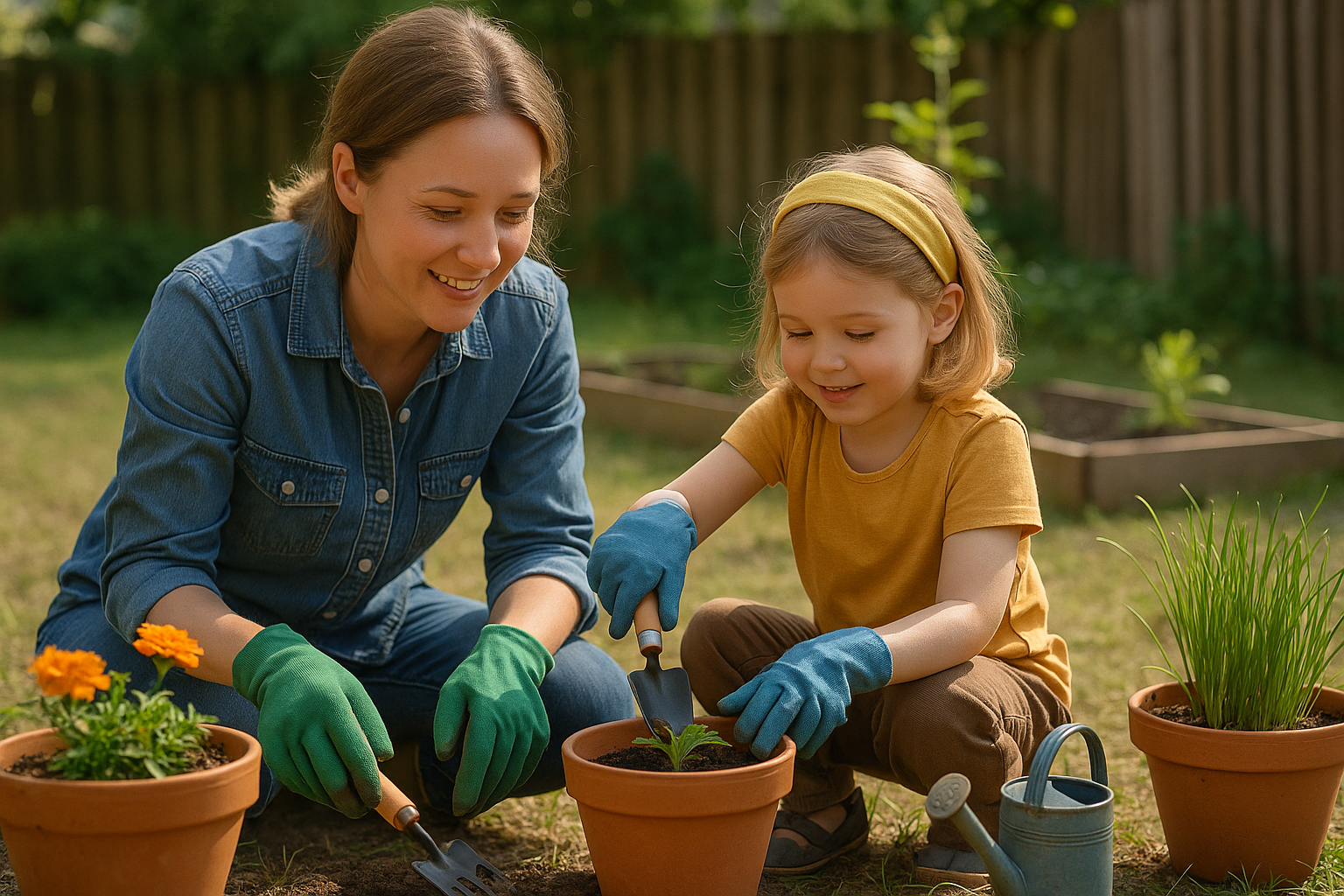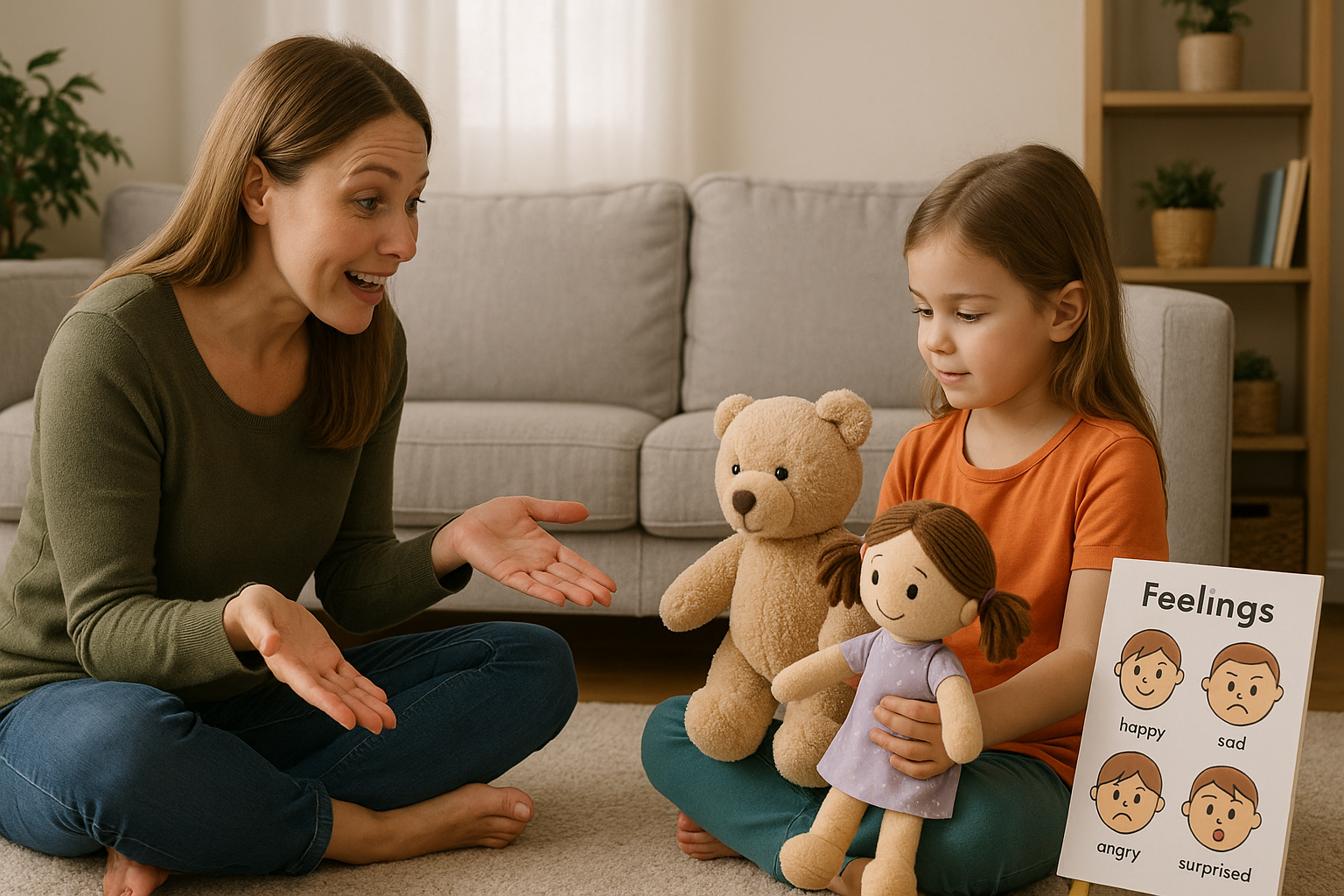Teaching Good Habits and Rules Through Play
Discipline doesn’t have to mean stern voices and time-outs. For young children, the best way to learn good habits and understand rules is through playful, loving guidance. When learning is fun, kids absorb lessons naturally—and they’re more likely to apply them in everyday life. In this article, we’ll explore how to teach positive behaviors, routines, … Read more
